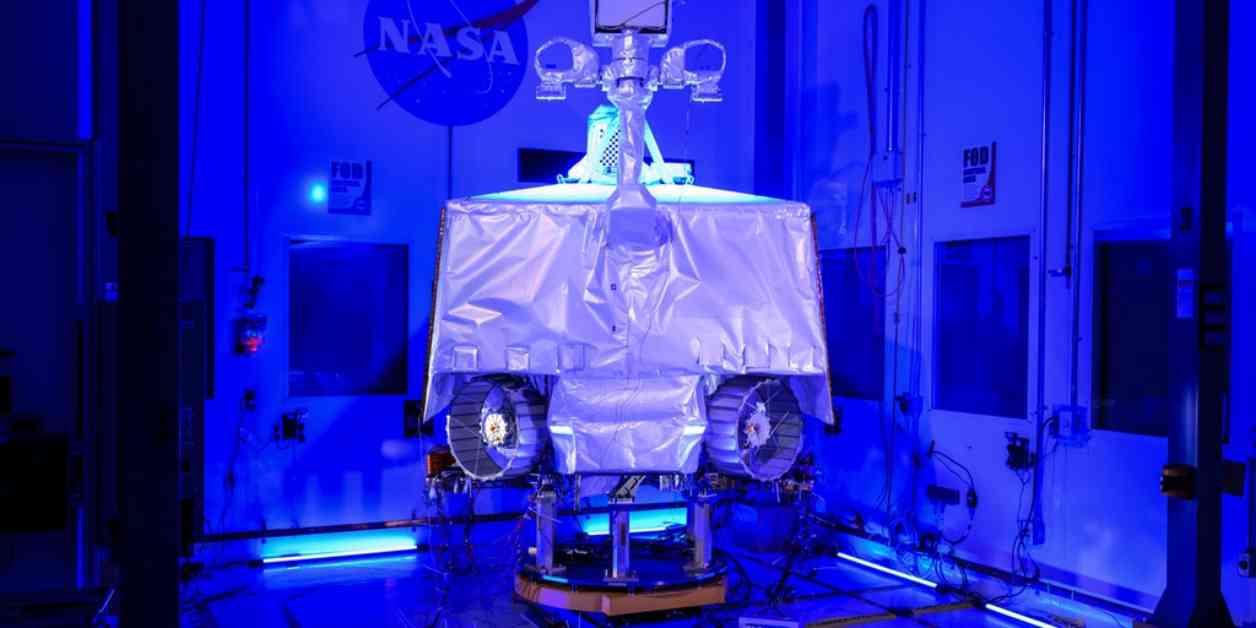NASA recently made the decision to cancel its Viper moon rover project due to high costs and launch delays. The rover, which was intended to explore the moon’s south pole in search of water, was set to launch in late 2023 aboard a lander provided by Astrobotic Technology. However, due to additional testing and increased expenses, the mission kept facing delays, ultimately leading to its cancellation.
Approximately $450 million had already been invested in the development of the Viper rover, but NASA determined that the ongoing cost overruns and launch delays posed a risk to other projects. Despite this setback, Astrobotic Technology still plans to proceed with its Griffin moon lander mission by the end of next year. However, this time, the lander will not carry a rover as initially planned.
The cancellation of the Viper rover project comes just days before the 55th anniversary of the historic Apollo 11 mission, which saw Neil Armstrong and Buzz Aldrin land on the moon on July 20, 1969. NASA has stated that it will explore alternative avenues to study the presence of lunar ice through other projects in the future.
In light of this development, it is evident that the exploration of the moon’s south pole for water reserves will have to be put on hold for the time being. Despite the disappointment of the cancellation, the focus now shifts to ensuring the success of future missions and projects aimed at furthering our understanding of the moon and its resources.
While the Viper rover project may have been halted, the determination to explore and uncover the mysteries of the moon remains unwavering. As we look ahead to upcoming missions and discoveries in space exploration, the cancellation of the Viper rover serves as a reminder of the challenges and complexities involved in venturing into the unknown depths of outer space.





















